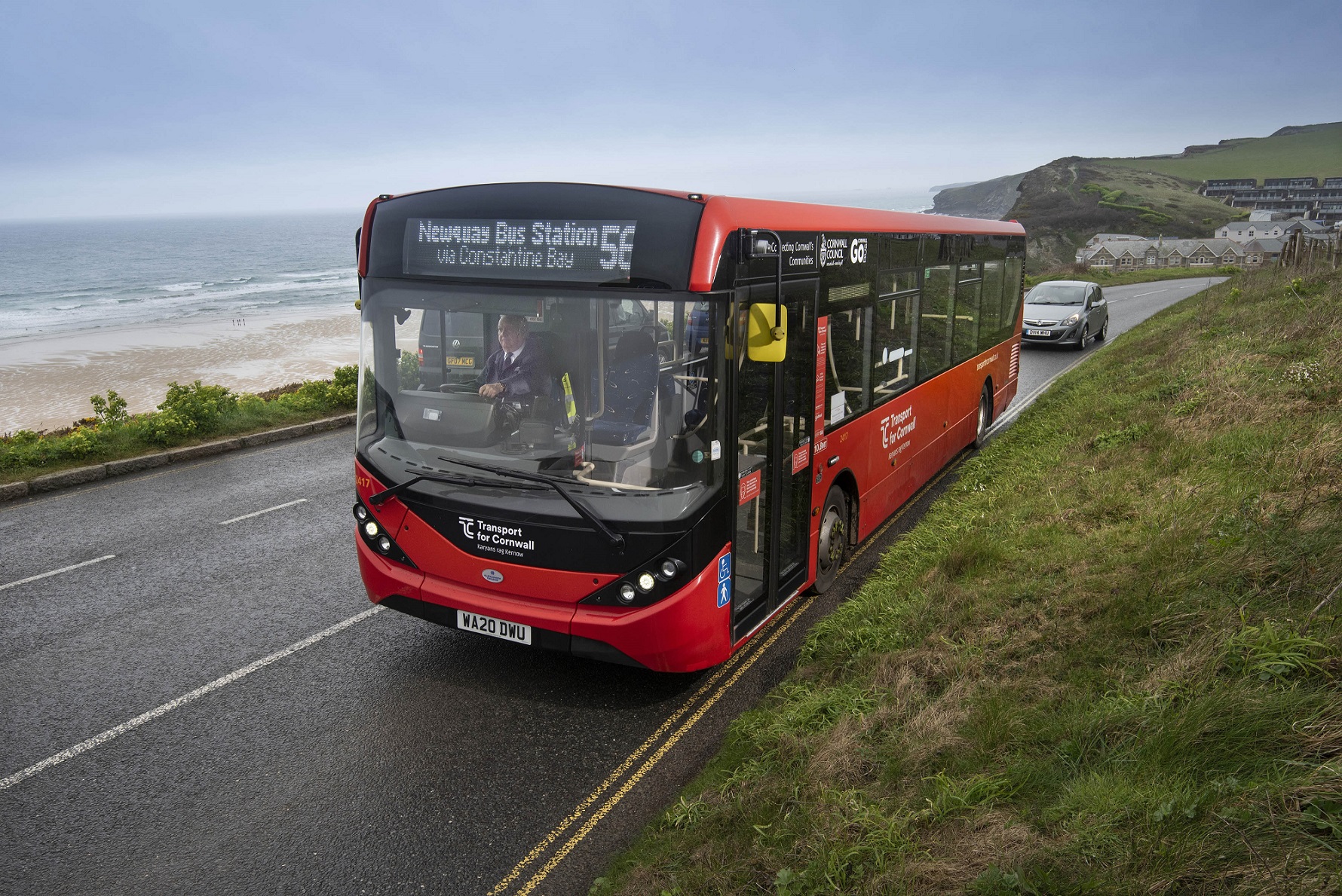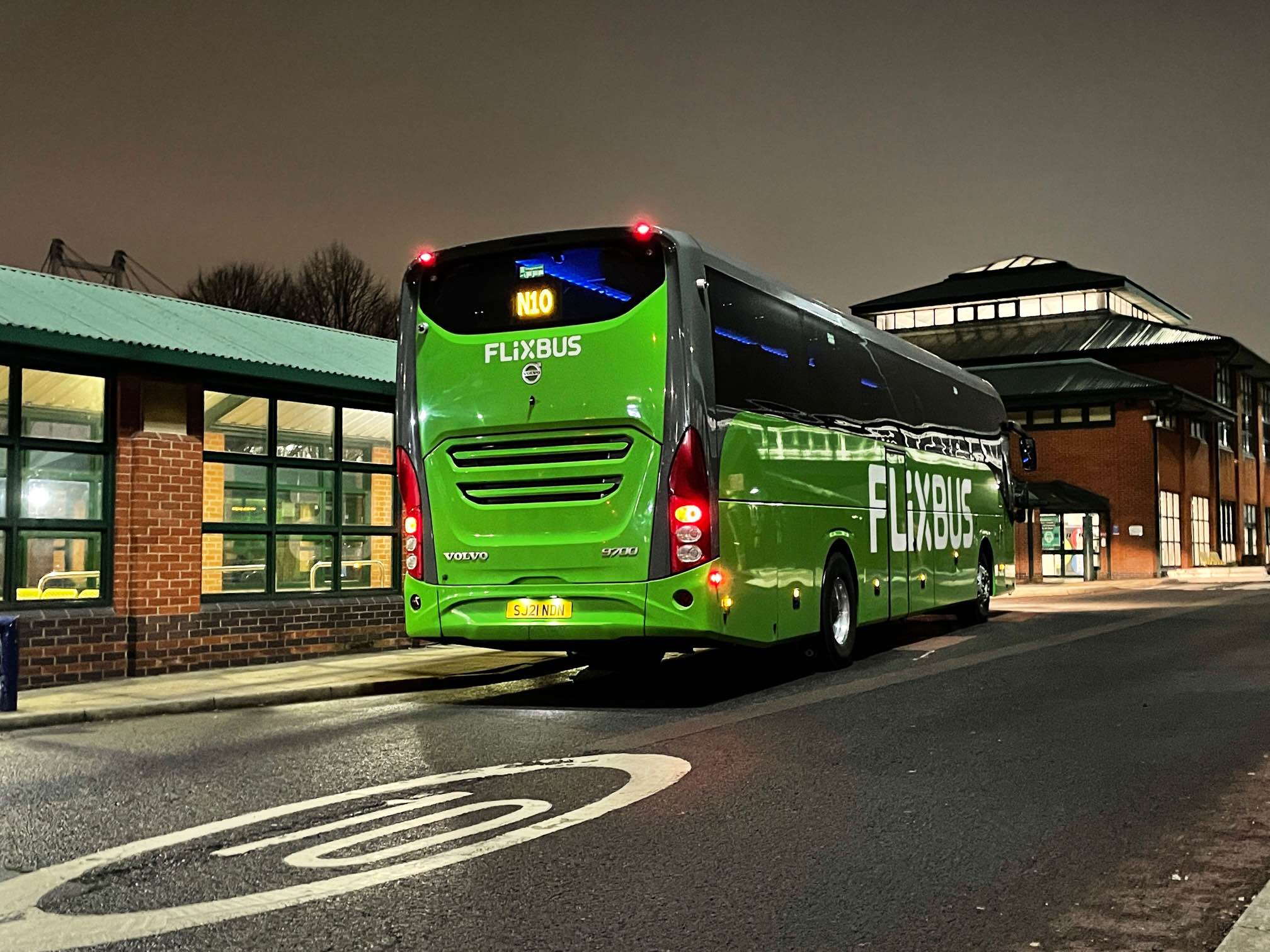Bus provision in rural and county council areas has been reduced by more than a quarter over the last 12 years, according to research commissioned by the County Councils Network (CCN), which blames the decline on how Bus Service Improvement Plans (BSIP) funding was targeted.
The State of County Buses report, compiled by SYSTRA, says that the 37 largest county and rural authorities, which represented half of England’s population, submitted BSIP bids collectively totalling £3.6 billion. However, it calculated these councils were allocated only about 10% of that – £363 million versus the £739 million handed to urban areas.
It highlights that, between 2010-2022, total bus miles in England reduced by 26.5%, representing 120.3 miles, in CCN member councils. It added that vehicle miles dropped by 22.4% in other metropolitan and unitary authorities and by 2.3% in London. The overall reduction for England was given as 19.12% – 1.317 million to 1.063 million miles.
It also said that the COVID-19 pandemic had worsened the plight for rural areas with CCN member councils accounting for 44.6% of the entire reduction in service miles in England from 2010-2019, but 51% since then.
The study says passenger numbers have been severely impacted too. Rural and county areas saw a 44% decline in journeys over the 12 years. It also highlighted that figures for this in 2021-2022 were 35% down on 2019.
It added that urban metropolitan areas experienced a 7.4% decline in passenger numbers between 2010-2019 and received £739 million, or 67%, of the BSIP funding. Meanwhile, the county areas that receiving no funding from the first round of BSIP (but £40 million in the “BSIP+” second round) witnessed a drop of 16% in passenger numbers.
CCN calls on the government to support the delivery of Enhanced Partnerships in county areas through a further targeted round of BSIP allocations. It also believes government funding for buses should move away from competitive bidding and towards allocating based on need.
Further, it requests that the present and future governments should commit to a long-term remove of funding settlements for bus services at the 2025 Spending Review.
Another recommendation of the report concerns concessionary fares, with CCN claiming councils are having to plug the gap in reimbursing operators due to a government shortfall.
Cllr Stephen Giles-Medhurst, Transport Spokesperson for the County Councils Network, says: “Buses have long been a lifeline for many people in rural areas, particularly the elderly and the disadvantaged. But outside of London and the cities, far too many services are at best, patchy, and at worst, non-existent. The pandemic has accelerated the trend of declining usage and journey are now at a historic low.
“We had high hopes for the government’s National Bus Strategy, especially as the support for services during the pandemic was comprehensive. But many county areas were left felt let down with their funding allocations, with the majority of fund being directed to the places that arguably needed the least help.
“As their bids for the funding showed, councils have serious ambitions when it comes to improving and modernising their bus services. But it is increasingly likely that reversing the decline in passengers is a challenge to picked up by a future government, and today’s report sets out a number of recommendations to transform local services.
“Failure to act will keep buses in county areas in a state of managed decline, with consequences for our residents.”
A spokesperson for the Department for Transport told The Guardian that the report focused “on just one part of the £3.5bn we’ve put into buses since March 2020”. They added: “Our new BSIP+ funding will be focused on areas that didn’t receive support under the original scheme.”



























